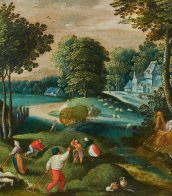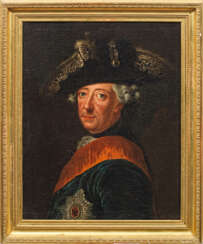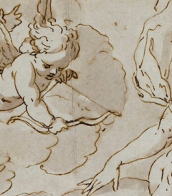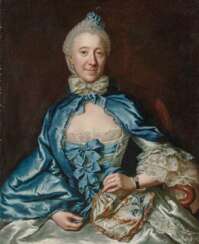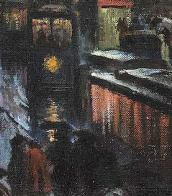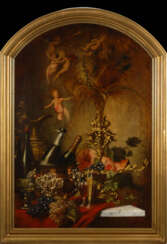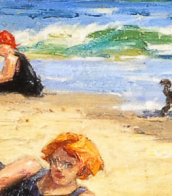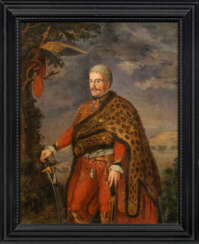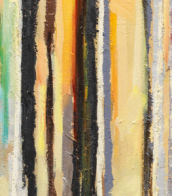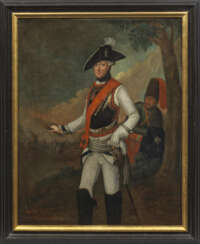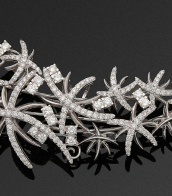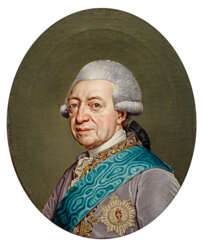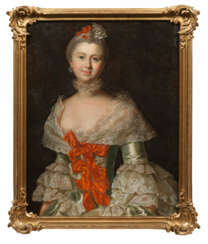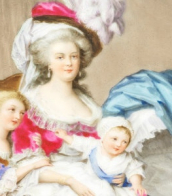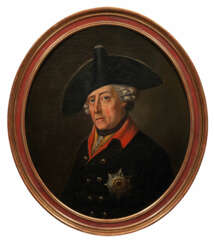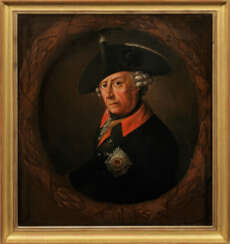anna dorothea therbusch
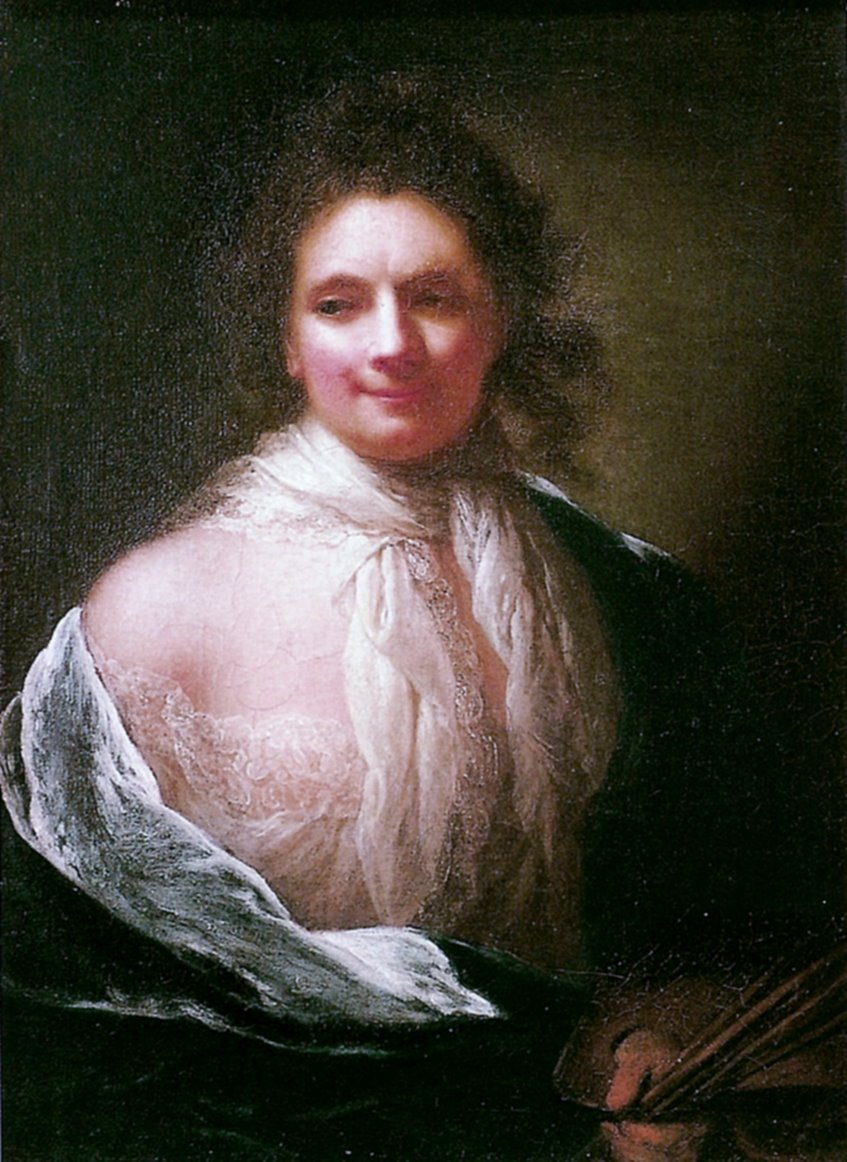
Anna Dorothea Therbusch, born Anna Dorothea Lisiewski, was a German artist who painted in the Rococo and Neoclassical style. More than two hundred of her works have survived, mostly portraits.
Anna Dorothea Turbusch was the first woman accepted into the Vienna Academy of Fine Arts. The artist was highly regarded for her ability to convey the likeness and character of her subjects. Her paintings were characterized by their refined style, meticulous attention to detail and the use of soft, gentle colours. She painted Prussian nobles, intellectuals and prominent figures of her time. At the commission of Russian Empress Catherine the Great, Terbusch painted life-size portraits of all members of the Prussian royal family. They are now in the State Hermitage Museum in St. Petersburg.
In addition to their technical mastery, the portraits by Terbusch were psychologically insightful, revealing the inner life and personality of the characters. Her work reflected the transition from the ornate and playful Rococo style to a more restrained and intellectual neo-classical aesthetic.
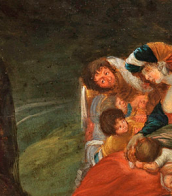

Anna Dorothea Therbusch, born Anna Dorothea Lisiewski, was a German artist who painted in the Rococo and Neoclassical style. More than two hundred of her works have survived, mostly portraits.
Anna Dorothea Turbusch was the first woman accepted into the Vienna Academy of Fine Arts. The artist was highly regarded for her ability to convey the likeness and character of her subjects. Her paintings were characterized by their refined style, meticulous attention to detail and the use of soft, gentle colours. She painted Prussian nobles, intellectuals and prominent figures of her time. At the commission of Russian Empress Catherine the Great, Terbusch painted life-size portraits of all members of the Prussian royal family. They are now in the State Hermitage Museum in St. Petersburg.
In addition to their technical mastery, the portraits by Terbusch were psychologically insightful, revealing the inner life and personality of the characters. Her work reflected the transition from the ornate and playful Rococo style to a more restrained and intellectual neo-classical aesthetic.
